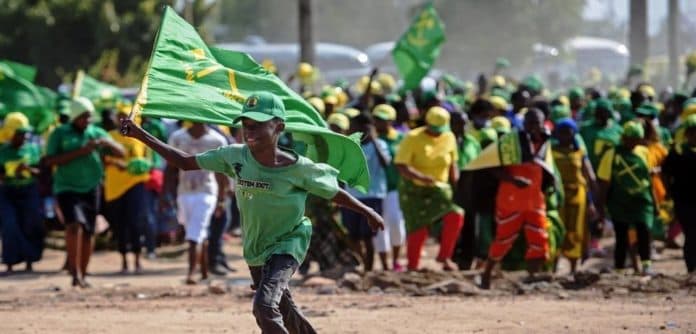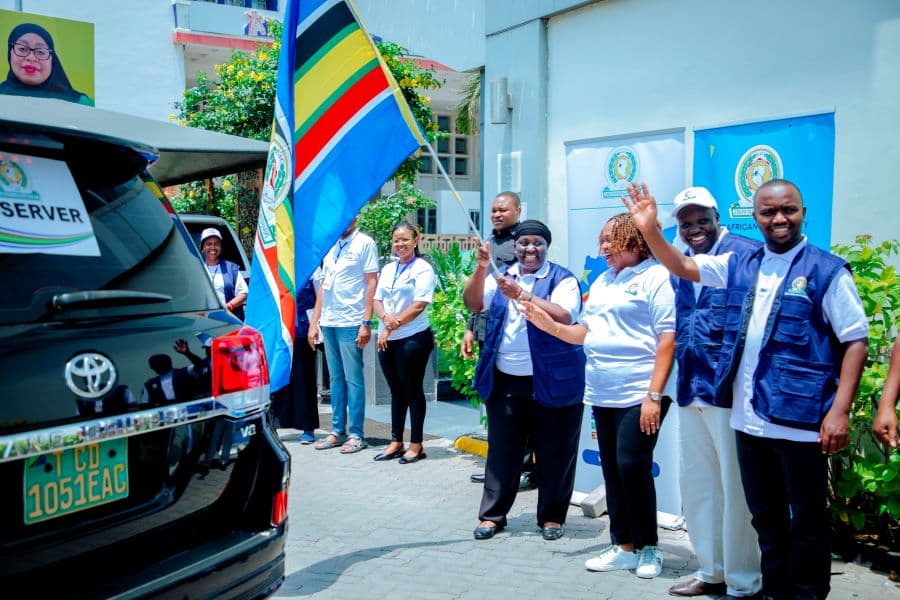Democracy on the Brink: Tanzania Faces Growing Authoritarian Shadow Ahead of Elections

Tension is mounting across Tanzania as the nation prepares to head into the general elections tomorrow, October 29, 2025. The atmosphere is tense, marked by uncertainty, mistrust, and deep political divisions that threaten to overshadow what should be a celebration of democracy.
The ruling party, Chama Cha Mapinduzi (CCM), which has governed the country since independence, enters the polls with a commanding advantage. President Samia Suluhu Hassan’s administration projects confidence and stability, but critics argue that the playing field is far from level. The main opposition party, CHADEMA, has faced multiple obstacles, including the disqualification of several candidates, alleged harassment of its supporters, and limited access to campaign platforms. Many analysts believe these measures have effectively crippled any meaningful competition, reducing the election to a one-sided affair.

Public frustration has grown amid perceptions that the electoral commission is neither fully independent nor transparent. Its members are appointed by the president, and opposition figures claim that voter rolls are inflated with ghost names while some of their polling agents have been denied accreditation. These allegations have eroded confidence in the process and fueled suspicions that the outcome may already be predetermined.
In recent days, civil society organizations and human rights groups have reported increased surveillance, arbitrary arrests, and intimidation of journalists and activists. Several media outlets have received warnings or temporary suspensions, and online platforms are being closely monitored by authorities. Human Rights Watch and Amnesty International have both cautioned that such measures undermine the credibility of the election and restrict citizens’ ability to freely express dissenting views.
Security forces have also issued stern warnings against mass demonstrations, labeling them illegal and threatening to arrest organizers. Despite this, there have been scattered reports of small protests in urban centers such as Dar es Salaam, Arusha, and Mwanza. Residents in these cities describe a heavy police presence, with armored vehicles patrolling key intersections and polling centers being closely guarded.
The growing tension is compounded by economic hardship. Many Tanzanians are struggling with rising food prices, stagnant wages, and high unemployment. For a large portion of the population, especially the youth, the elections hold little promise of change. “People are tired,” said a vendor in Kariakoo Market. “We vote, but nothing changes. Everything is decided long before the ballots are counted.”
International observers from the African Union, the East African Community, and the Southern African Development Community have arrived in the country, calling for calm and transparency. However, their presence may do little to ease widespread skepticism. The opposition fears that even if irregularities are observed, few external actors will challenge the results due to Tanzania’s strategic importance and reputation for relative stability in the region.

As the country heads to the polls, the world watches closely. The days following the election will be crucial, not only in determining who governs but also in revealing the state of Tanzania’s democracy. The promise of peace and stability will be tested against the people’s demand for fairness, freedom, and genuine political choice.
For many Tanzanians, tomorrow’s vote is more than just an election, it is a test of trust between the state and its citizens, and a measure of whether the nation can still claim to be a democracy in more than name.
